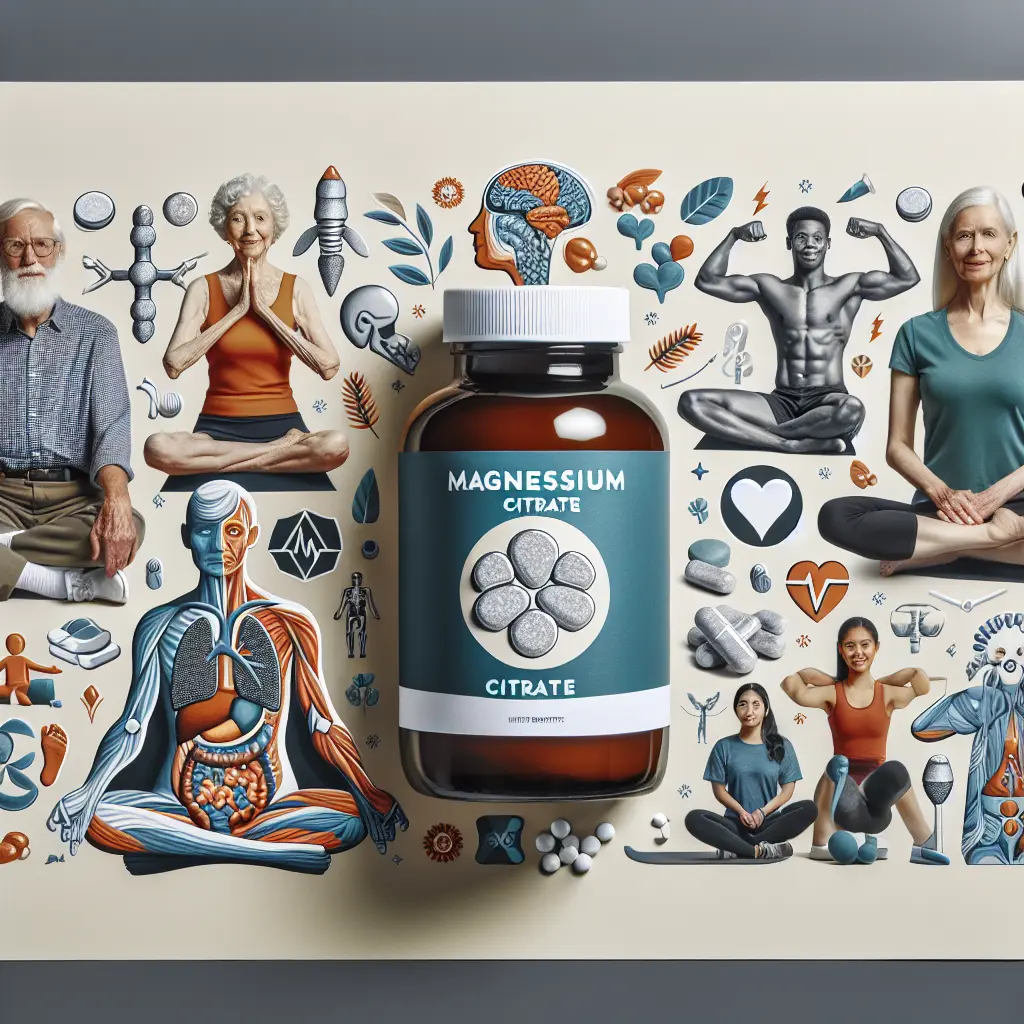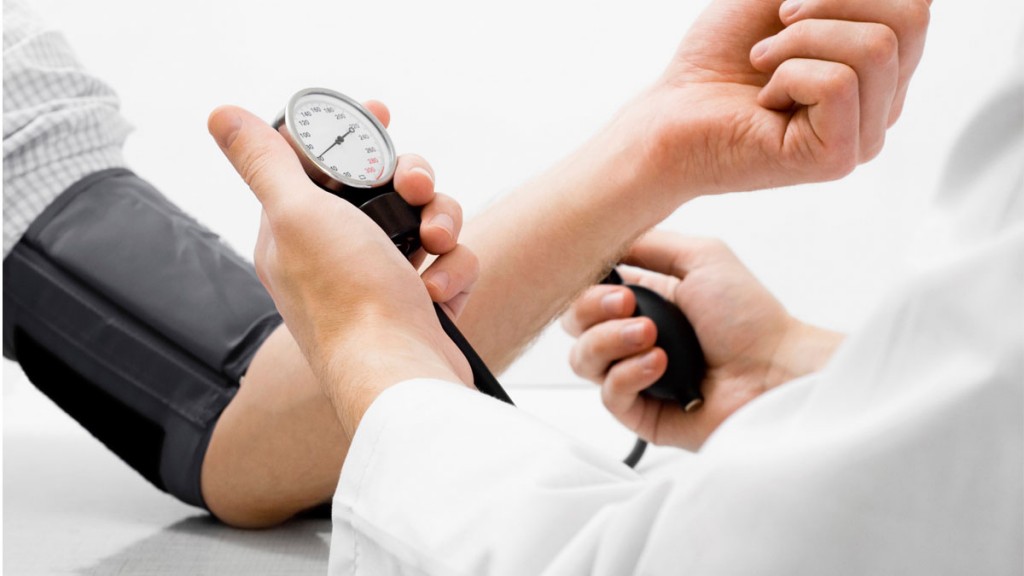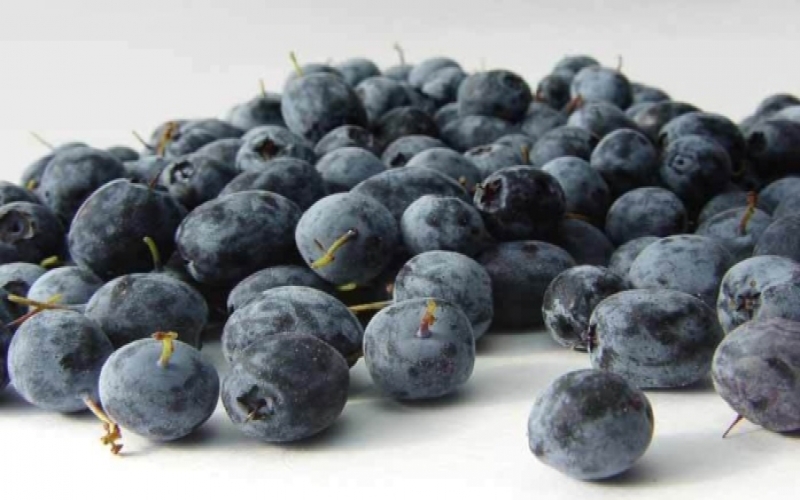COQ10 BENEFITS YOUR HEART HEALTH

CoQ10, also known as Coenzyme Q10 or ubiquinone, is time and again illustrated as a vitamin-like antioxidant naturally produced by the human body. CoQ10 is basically accountable for the production of energy within our cells. Making its home the mitochondria in the region of a cell, this coenzyme facilitates feeding of the cells. As a result of its energy producing properties, CoQ10 is mostly present near the organs that require the most power for instance, liver, heart and the kidneys.
Owing to the CoQ10’s energy production as well as the antioxidant properties, the heart tends to benefit the most from this coenzyme. But, with age, our body tends to produce less amounts of CoQ10, which might influence several bodily functions, in particular heart health. Here are a few ways including CoQ10 to your routine, either by means of food or natural supplements, can keep your heart beating in a powerful way as you age.
HOW COQ10 HELPS YOUR HEART HEALTH
Mitigate Oxidative Stress
Various research studies have well established CoQ10 as a first-line antioxidant in defending the body against oxidative stress. Oxidative stress occurs to our cells in due course as free radicals rove our cells to take electrons, deteriorating the cell health. Antioxidants, whether naturally formed within our bodies or included in our diets, battle against the detrimental free radicals in order to maintain cell health.
The position of CoQ10 in the lipid mitochondrial membranes is predominantly significant, as mitochondria are the chief site of production of free radicals and CoQ10 is an outstanding free radical scavenger. By protecting our body cells from free radicals, CoQ10 is a great help in lessening the oxidative stress, in turn decreasing the effects of aging on our skin and helps in complete heart health.
Supports Healthy Cholesterol Levels
Some studies have found that CoQ10 supplementation supports normal cholesterol levels. High cholesterol results from too many low-density lipoproteins (LDL) in the bloodstream, which carries cholesterol via the bloodstream, letting it to get deposited in arterial walls.
As CoQ10 is a powerful antioxidant, it has been known to keep the levels of LDL cholesterol from oxidation while re-revitalizing the mitochondria in the heart cells, which is where the process of energy metabolism takes place.
In addition, CoQ10 has been found to thicken blood, acting in the similar manner as Vitamin K; which is also a useful property of CoQ10.
Recovery after Heart Issues
In a research study of patients with chronic heart failure, CoQ10 proved to cut the risk of a major adverse cardiovascular event subsequent to heart failure in half and reduce the risk of deaths from all causes by half all through the 10-year research study.
Subsequent to a heart attack, the heart muscle of the patient is time and again short of CoQ10. In addition to the predisposed shortage, statins, which are frequently approved for heart failure patients to inhibit the synthesis of cholesterol, also inhibit the CoQ10 synthesis, which further reduces the body’s quantity of this coenzyme.
By increasing the levels of CoQ10 in the body after a heart attack, a person supplies his or her heart with the energy producing molecule while offering an outstanding antioxidant defense against free radicals. Even though CoQ10 can be taken in particular foods, such as fish, red meats and soybeans, the levels are hardly ever enough to make a big impact. In such cases, “CoQ10 Supplements” are a great option for your heart troubles.
Support Healthy Heart
As useful as CoQ10 may be following heart issues, the coenzyme is even more helpful to the body before heart failure crops up. Even though CoQ10 is a naturally occurring enzyme in our bodies, the supply reduces with age, making it more complicated to battle against free radicals and our heart’s natural defense systems against congestive heart failure.
Congestive heart failure is nothing but a heart ailment in which there is declining of heart muscle working in order that fluid or congestion backs up and results in an inflammation or edema in the liver, lungs, the intestine lining, and the lower legs and feet. If you are inclined to congestive heart failure, CoQ10 has been known to preserve healthy inflammation in legs and fluid in lungs, while also revitalizing your heart to keep it beating strong. Thus, taking a good quality CoQ10 supplement as you age is a great help to strengthen your heart.
Support Blood Pressure
Due to the CoQ10’s revitalizing properties, it helps in lowering the oxygen demands of the heart, making better the heart’s energy effectiveness and promoting a healthy blood pressure.
Antioxidant Supplement
Even if you aren’t inclined to heart failure or don’t experience heart-linked ailments, CoQ10 can be a favorable antioxidant supplement. This coenzyme is the only fat-soluble antioxidant synthesized by our body and has the ability to regenerate back to its reduced or antioxidant form via usual cellular enzyme systems, meaning that our bodies produce it naturally for much of our lives. While battling against the free radicals, particularly with age, our body cells can make use of all the help they can get. Sustaining cell health assists our bodies fight signs of aging, defend against ailments, and helps improve, or at least maintain, the role of major body organs.
HealthDiva’s supplement Coenzyme Q10 capsules are manufactured as per high quality standards, formulated as capsules to increase the compliance. Buy HealthDiva’s CoQ10 capsules online for Boosting Heart Health and Energy Metabolism!



